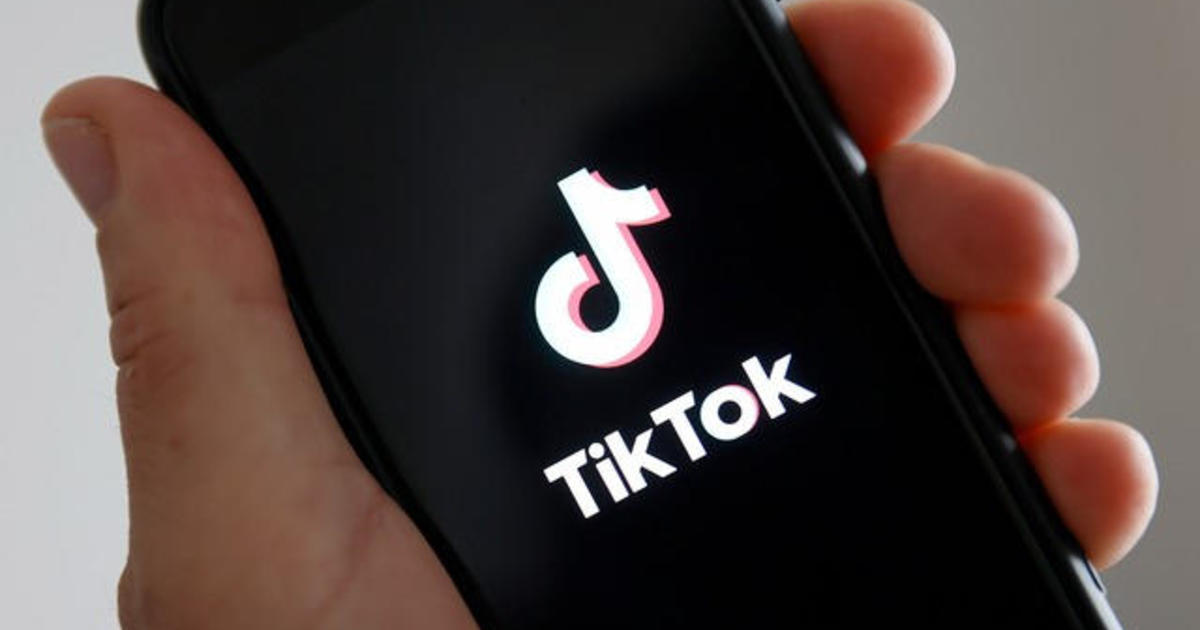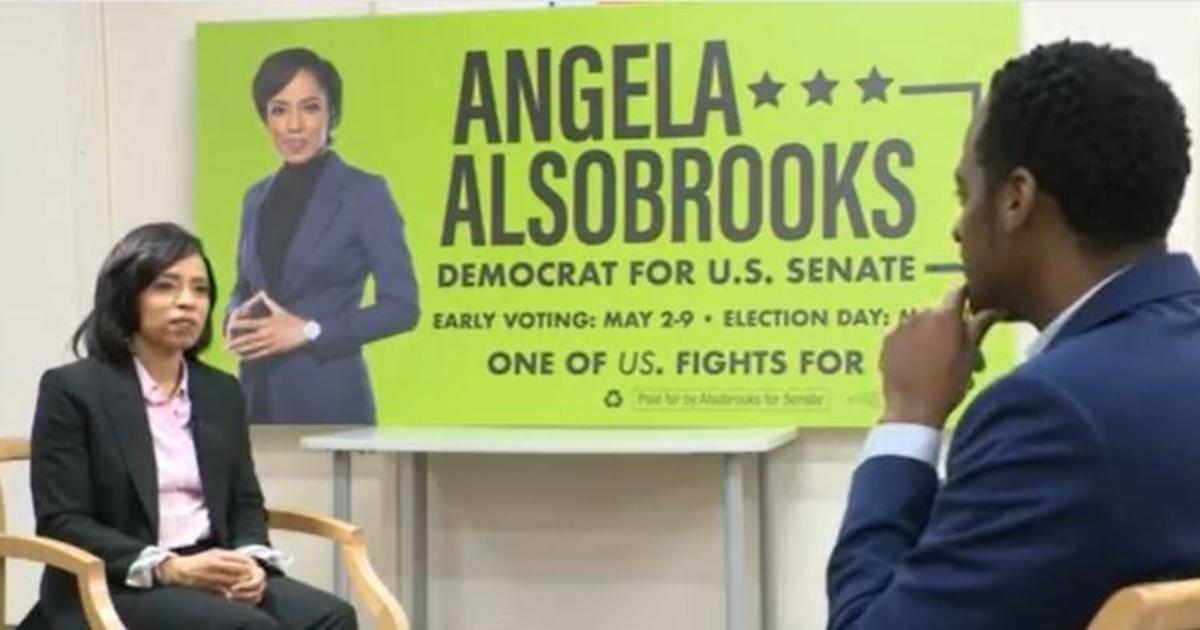House Forced To Revote On GOP Tax Bill Wednesday
By Phil Mattingly and Deirdre Walsh, CNN
(CNN) -- The House of Representatives will have to revote Wednesday morning on Republicans' plans to overhaul the US tax system, though the legislation is still expected to pass both chambers in Congress and be on President Donald Trump's desk in the next 24 hours.
A version of the bill passed along sharp partisan lines, 227-203, with 12 House GOP members opposing the legislation, and no Democrats voting for it, earlier Tuesday. But shortly after debate started in the Senate, the House Majority Leader's office advised its conference to be prepared to vote Wednesday citing Senate rules that would likely strip out certain parts of the final bill in order to pass with a simple majority.
The Senate is expected to clear the bill later Tuesday, with Vice President Mike Pence presiding over the vote. After the bill clears the House again as it's expected to do, the measure then heads to the President's desk for his signature before the Christmas holiday, making good on the Republican Party's promise to enact tax relief by the end of the year.
As House Republicans prepared to vote on the tax bill the first time, Speaker Paul Ryan was seated next to the conservative House Freedom Caucus Chairman Mark Meadows, a North Carolina Republican. The two men have clearly had to go head to head at certain points on health care and spending bills, but on tax reform, the House Freedom Caucus has worked hand in glove with leadership.
Ryan spoke from the floor and said that this vote on the tax bill is a "generational defining moment."
"This is without question the single most important thing we can do to once again make America the best place to do business," Ryan said.
Protesters were repeatedly removed from the chamber for shouting "kill the bill, don't kill us," in the minute before the House vote.
Now, Republicans are just hours away from officially collecting their first major legislative win this year, one that not only delivers on a campaign promise to overhaul the US tax system, but also nets another GOP pledge to repeal at least part of the Affordable Care Act in ending the penalty tied to Obamacare's mandate to have health insurance.
But the victory is also at least in part a gamble Republicans are making ahead of next year's midterm elections, as the party will vote for the legislation amid tough poll numbers for what it's proposing to do as well as critical analyses that say the plan will add billions to the national debt and eventually raise taxes on some key groups.
But in the end, no bad analysis, no bad poll, no bad headline has dissuaded Republicans from moving forward on this bill. Nothing at this point is going to change that.
The Senate is also expected to vote Tuesday after the House. The chamber has taken the bill up and is in its 10 hours scheduled for debate on the bill. That said, Republicans can yield back their time if they want to quicken the process.
Senate Majority Leader Mitch McConnell, on the Senate floor, made the announcement that the Senate plans on voting Tuesday on the tax bill.
"After the House votes this afternoon, the Senate will begin debate and will proceed to a vote on passage later this evening," McConnell said.
The policy
CNN has covered what's in the final bill extensively, but here are just a few of the highlights: The plan -- which critics say is heavily weighted to ease the tax burden of businesses rather than the middle class -- drops the corporate tax rate down from 35% to 21%, repeals the corporate alternative minimum tax, nearly doubles the standard deduction for individuals and restructures the way pass-through businesses are taxed. The bill keeps seven personal income tax brackets, and lowers that tax rates for most brackets, including dropping the top rate to 37% from 39.6%.
For more on what exactly is in the bill's policy, check out CNN Money's in-depth coverage since the final bill's release last Friday.
The final analyses of the GOP House-Senate conference report are also starting to come in. Here's a quick rundown:
Joint Committee on Taxation: The JCT found that all income groups will, on average, see a tax cut in 2019, though the projections worsen over time. In 2019, all taxpayers would see an 8% tax cut. In total, about 10 percent of the $1.5 trillion tax cut would go directly into middle households. Those making more than $500,000 would receive approximately 12 percent of the total tax cut. The JCT, however, found that by 2027 taxpayers earning up to $75,000 would receive a tax increase -- this would stem from the sunsetting individual rate cuts in the final GOP bill, along with the repeal of the Affordable Care Act's individual mandate.
Tax Foundation: The bill will increase the debt by $448 billion over the next 10 years when scored on a dynamic basis (accounting for growth provisions in the bill.) This is a more optimistic view of things than other analyses -- the Tax Foundation is considered more aggressive with its assumptions for economic growth than other entities -- yet the legislation still clearly adds to the debt over 10 years, contrary to some Republican promises.
The analysis also showed the bill would boost gross domestic product by 1.7% on a long-term basis.
Tax Policy Center: The Tax Policy Center found that the final bill would reduce taxes on average for all income groups in 2018, with higher income houses receiving the largest average tax cuts per percentage of after-tax income. The largest cuts would go to taxpayers in the 95th to 99th percentiles of income. The TPC projected that individual taxes would be reduced on average by $1,600 in 2018, but by 2027 more than half of households would face an average tax increase of $180.
The-CNN-Wire
™ & © 2017 Cable News Network, Inc., a Time Warner Company. All rights reserved.



